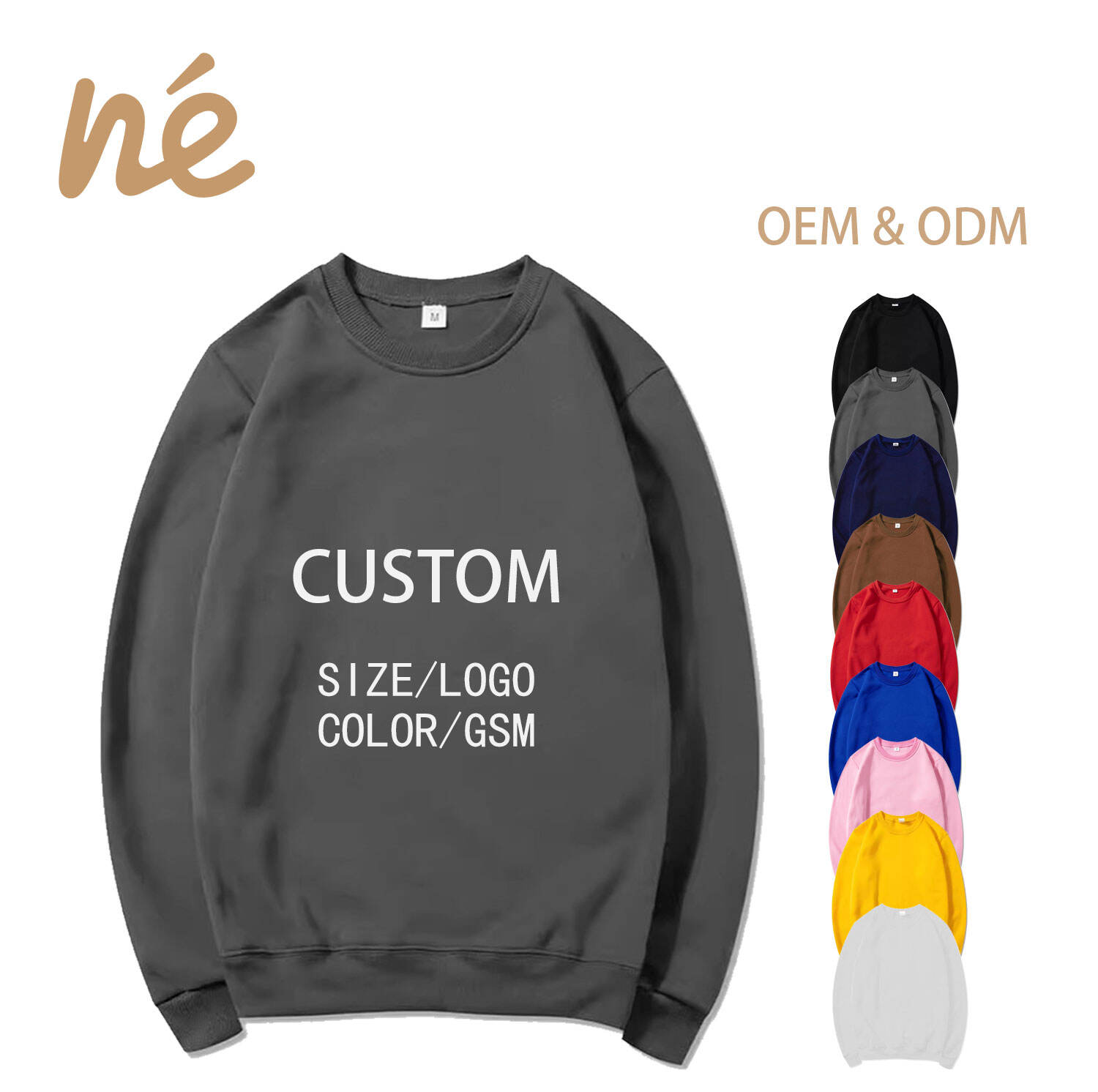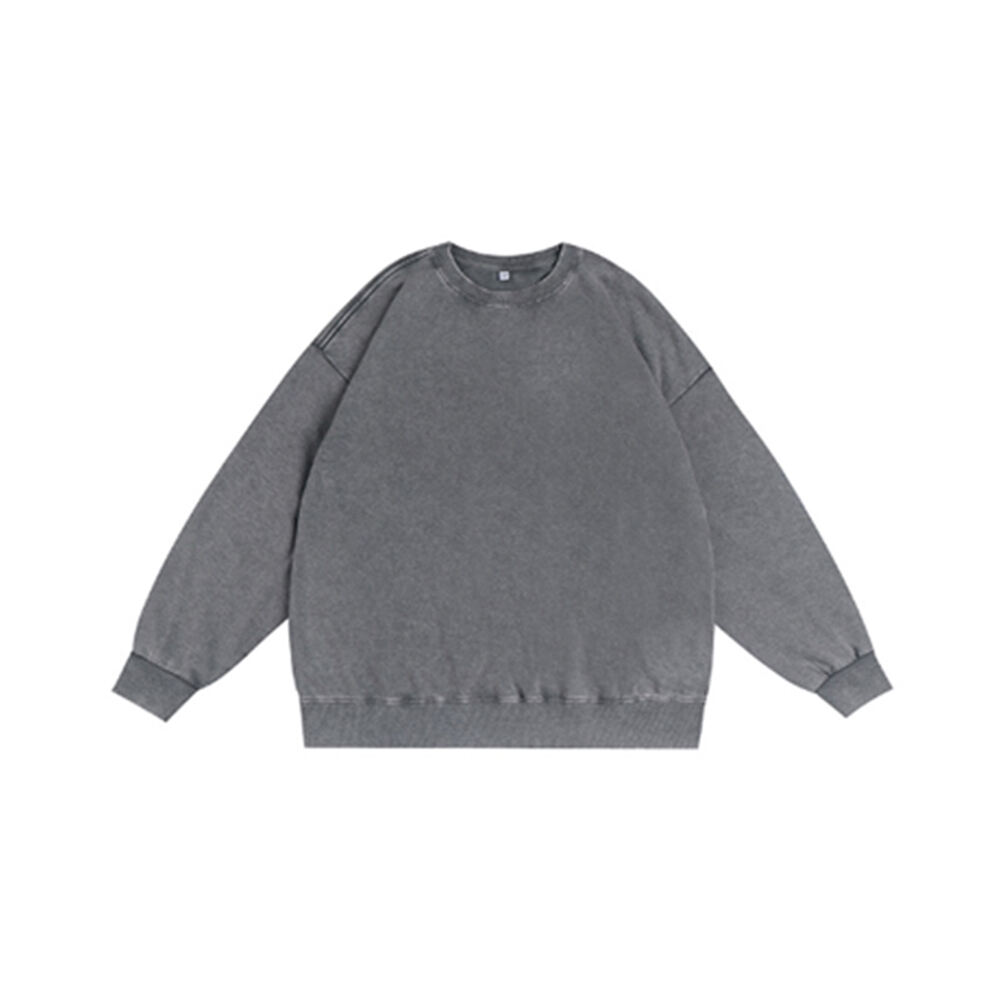good quality clothing manufacturers
Good quality clothing manufacturers represent the cornerstone of the fashion industry, combining advanced production techniques with superior materials to create garments that meet high standards of excellence. These manufacturers employ state-of-the-art machinery and innovative production processes, ensuring consistent quality across large-scale operations. They utilize advanced quality control systems, incorporating multiple checkpoints throughout the manufacturing process, from fabric selection to final packaging. Modern clothing manufacturers integrate computer-aided design (CAD) and automated cutting systems, maximizing efficiency while maintaining precision. Their facilities often feature specialized departments for pattern making, sample development, and quality testing, ensuring each garment meets strict quality standards. These manufacturers also implement sustainable practices, using eco-friendly materials and energy-efficient production methods. They maintain strict adherence to international safety and labor standards, ensuring ethical production practices. Additionally, they offer customization options, allowing brands to specify unique design elements while maintaining consistent quality across production runs.










